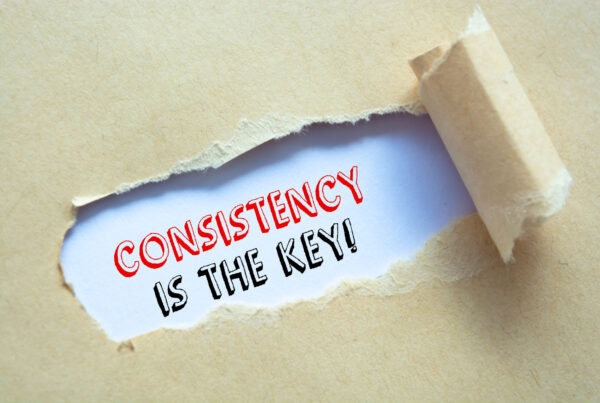Last Updated on January 11, 2025 by Dave Schoenbeck
In my many years as a small business coach, I’ve noticed small business CEOs continuously fall into the trap of graciously giving their employees annual raises. Unfortunately, if you repeatedly raise yearly salaries, you will eventually pay more than each employee is worth in the competitive marketplace.

Additionally, if employees expect annual raises every year without question, there is little incentive for them to work harder than necessary. Pay becomes an entitlement instead of a motivator, and performance stagnates while paychecks increase.
Another option is performance-based pay. This goal-oriented, variable incentive program motivates our teammates to go above and beyond to better themselves and the organization.
What Is Performance-based Pay?
As the name suggests, performance-based compensation matches an employee’s salary with their degree of performance improvement throughout the year. If they go above and beyond to ensure the success of their department, they’ll receive a higher level of compensation.
Likewise, if employees do only average work and do not meet their goals, they do not receive a raise. Again, leaders need to be strict and objective in these performance assessments for this to work. Either the employee achieved it or didn’t. You can’t pay for average performance or effort without results, or the system falls apart.
Performance-based pay works best if there is an annual review process. During this review, you’ll assess the employee’s performance. For example, how did they add value to the business this year? Did they increase sales or get more leads? Did they find a way to reduce budget expenses significantly? Did they take on a leadership role or complete more projects than their peers?
When implemented successfully, performance-based pay can motivate employees by informing them of their role in the company’s success. Rather than waiting for an annual raise, employees can take their salaries into their own hands and maximize their compensation by working hard and adding value to the business.
How Does Performance-related Pay Work?
The first step towards implementing performance-based pay is to create a minimum and maximum salary rate for each position based on extensive market research. Then, when hiring new employees, be very careful to match their starting salary with their experience and performance level.
Then, when it’s time for an employee performance evaluation, the CEO should decide the monetary amount the employee is eligible to receive. If an employee reaches the top value of what the job is worth, they will have to earn their increase by doing something beyond the norm.
Performance-based pay works better when paid out each quarter, midyear, and year-end. This helps employees stay on track and allows you to monitor goals achieved throughout the year.
I highly recommend that employees on a performance-based plan be tied to the business’s overall performance. You can’t afford to pay bonuses if the company itself doesn’t improve.
Ideally, CEOs should add departmental goals as well. For example, a potential evaluation would include a percentage of payout for meeting the company profit goal, a percentage payout for meeting department goals, and a larger percentage payout for achieving individual goals.
For most businesses, I like 25% of the bonus target objective paid for achieving the company profit budget, 25% for exceeding department goals, and 50% for crushing individual goals. That said, every situation is different. What you pay depends on your business structure and your employees’ work.
Is performance-based pay a good idea for your business? If you want to implement this strategy in your organization, a business coach can help. Please fill out my contact form for a complimentary video coaching session to discuss how performance-based pay can work for you.
Coach Dave
- If You Are Considering Starting a Business, Read the Book The E-Myth Revisited First - October 16, 2025
- Here’s a Must-Read Book: The Four Disciplines of Execution - October 9, 2025
- Don’t Procrastinate: It’s Time to Do Company Succession Planning - October 2, 2025


